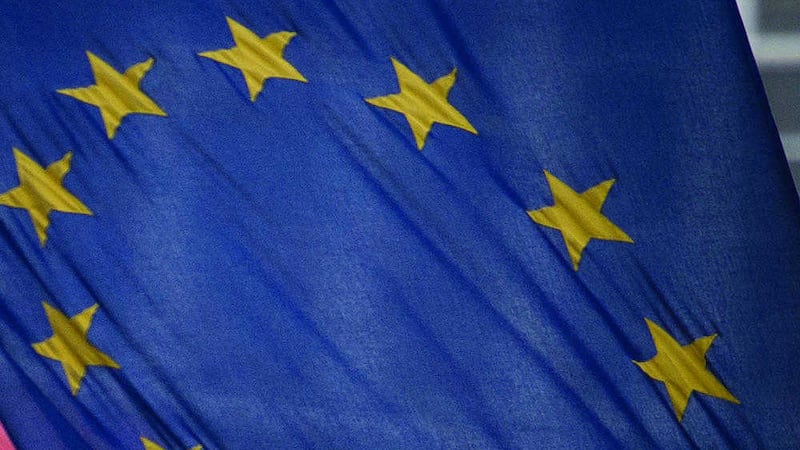On May 23, 1998, I talked to a number of key players from the Yes and No camps in the Good Friday Agreement referendum campaign and asked them what they expected Northern Ireland to look like in ten and twenty years time.
Looking back over those notes it was pretty clear that both sides were mostly wrong on most of their predictions. SDLP/UUP/Alliance thought that the DUP and Sinn Féin would, “almost certainly be marginalised, maybe even electorally irrelevant within a decade.” One very senior DUP member, almost in tears, told me, “let me be totally honest, Alex, Trimble has destroyed the Union. Northern Ireland may not even be in the UK in 2008.” As for Sinn Féin, one of their strategists told me, “The DUP will do everything they can to destroy the institutions from within by ensuring that we are driven out.”
As I said, mostly wrong on most predictions. On Monday evening I asked a pro-agreement UUP MLA this: “If you had thought that the outworking of the political process would have included the near emasculation of the UUP and SDLP, the non-growth of the centre ground and the carving up of Northern Ireland by the DUP and Sinn Féin, would you have supported it.” He thought for about a minute: “No, not a bloody chance. I didn’t expect this and nor did tens of thousands of others. I took a chance. I banked on hope and genuine change. Oh well, there you go.”
Whatever happens in the next two years, it’s not going to be as good or as bad as either the Remain or Leave camps believe today. Both sides are still in shock, which is often the case after a long referendum campaign. And that shock is compounded by the fact that it was an unexpected result, with the electorate defying both the odds and conventional wisdom. We don’t know where we’ll be in two years time. But markets will settle; clarity will emerge, a new government will be formed, realities will be accepted by both sides, and there will be a collective will to make the best of those realities.
So you’ll forgive me for requiring a large pinch of salt when I hear pro-Remain MLAs warn that they have spoken to people who “went to bed a constitutional unionist and woke up a nationalist.” Or others who fret that a frenzy for Irish passports is an indication of a surge in support for Irish unity. People who have put their heart and soul into a referendum campaign—which tend to be the most personal, polarising and dramatic of campaigns—tend to overact when they find themselves on the losing side: particularly when they didn’t expect to find themselves there. Consequently, they misread and misinterpret evidence and opinion and convince themselves that we’ve all gone to hell in a handcart.
Things will calm down, though. Life will return to mostly normal: and passion, hubris, anger, delight, despair and incredulity will all dissipate fairly soon. And all of that happens because people realise that they have to make this work. All the everyday concerns take priority again, while the similarly everyday business of building the economy, securing employment, opening new markets et al will preoccupy the political and financial ‘establishment.’
What happened on June 23 was that a government lost (some people have forgotten that the referendum was government policy) and a campaign won. That campaign now has to be transformed into a government. Personally, I don’t see how that transformation happens without a general election sometime in the autumn, because the exit from the EU requires a government with a clear mandate and manifesto. Just appointing a new prime minister (now due on September 2), who then shuffles the existing MPs, won’t be enough.
Leave may not have expected to win yet they now have to deliver. They need to come clean on their position on immigration, explain what happens with the £350m they said would be freed up every month and set out a political/economic game plan which will convince markets and the UK’s own business classes. And it also requires key elements of the Remain camp to come on board and help to build a strong UK outside the EU. Yes, they lost the campaign; but they will only compound their sense of loss if they refuse to play their part in a reconstruction process.
Anything can happen in the next thirty months or so. A planned, costed, amicable divorce is in the best interests of both the UK and the EU. None of this has to be calamitous or catastrophic: instead, there is an opportunity for London and Brussels to build a strong, cooperative relationship as neighbours rather than what they’ve been for so long, fractious, increasingly uncomfortable bedfellows. Things may never be quite the same—it doesn’t mean they need to be worse.








